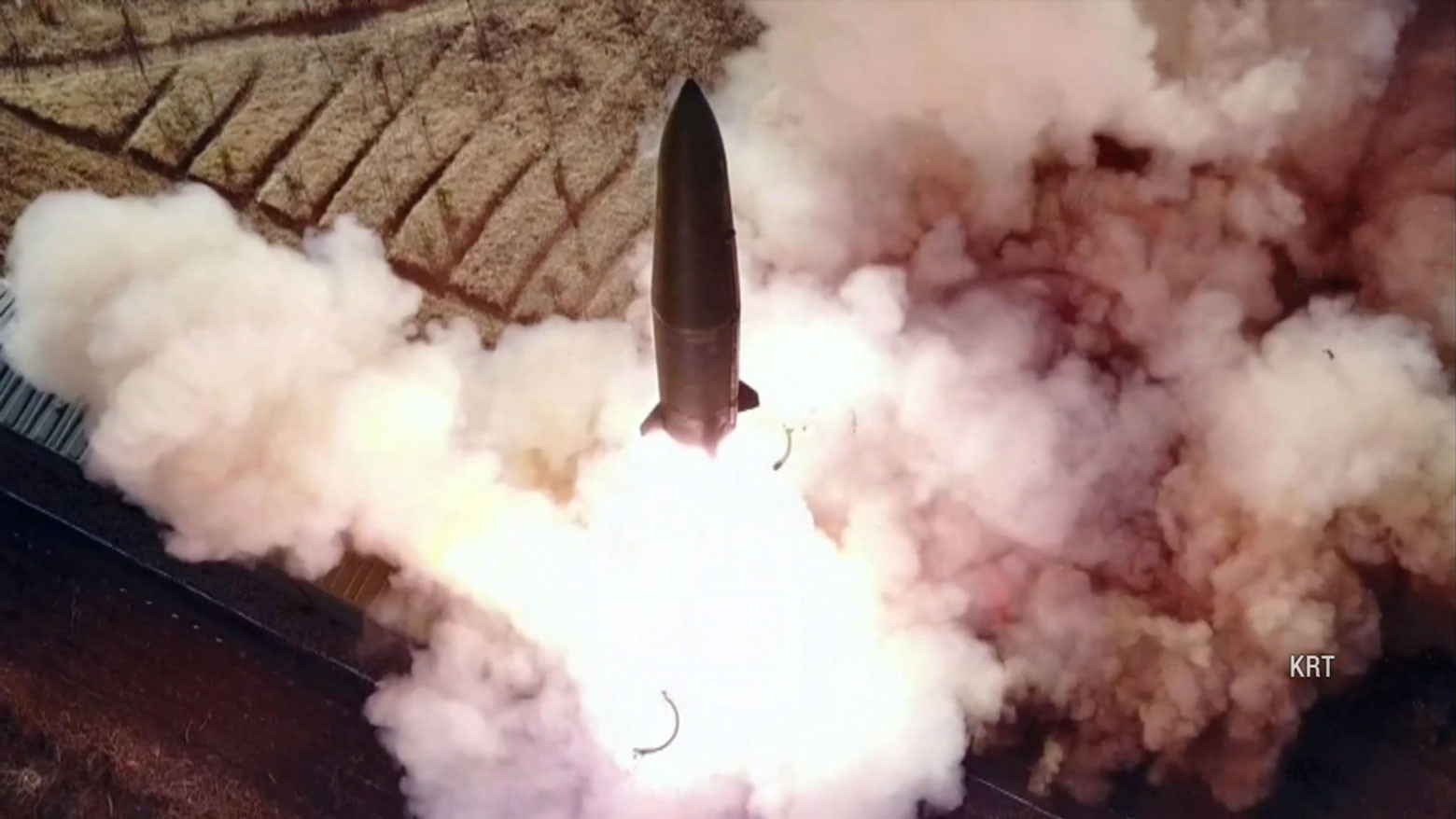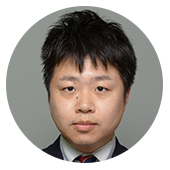Four launches in just two weeks
A total of six missiles have been launched on four occasions since the beginning of this year. North Korea fired what it called hypersonic missiles on January 5 and 11. Hypersonic missiles are designed to travel at five times the speed of sound. They can fly at low altitudes for long periods and change course in flight, which makes them difficult to detect and intercept.
Two short-range ballistic missiles were fired on January 14 as part of a reported drill for a military railway regiment. Three days later, on January 17, two short-range ballistic missiles were launched in what was claimed to be a test of tactical guided missiles.
State media showed videos and published photographs of the three types of missiles, which were fired from different parts of North Korea using varied launch systems.
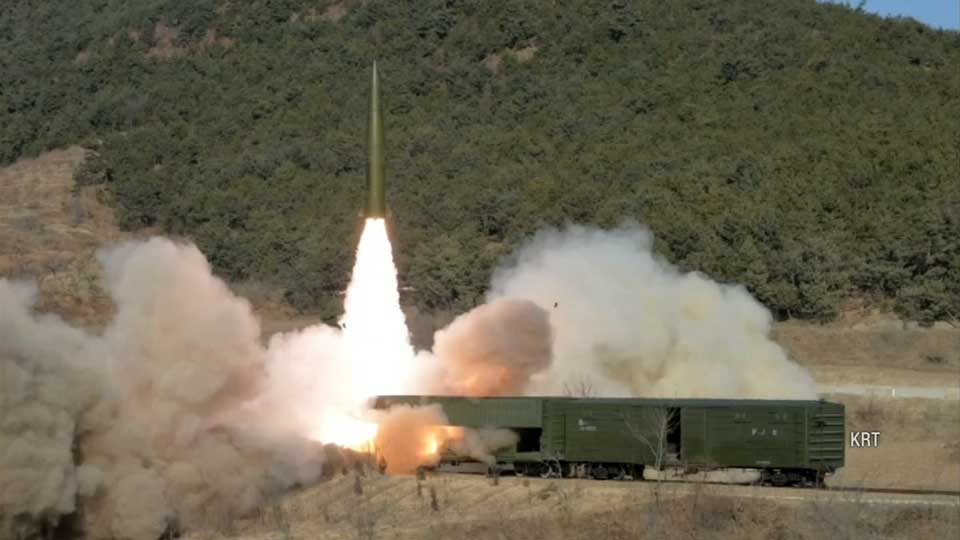
Protest and sanctions
The Japanese government has condemned the latest activity. Defense Minister Kishi Nobuo says North Korea's rapid advances in nuclear and missile technology need to be addressed for the security of Japan and the region. He also says the launches violate United Nations Security Council resolutions.
Japan has lodged a protest through a diplomatic channel at its embassy in Beijing.
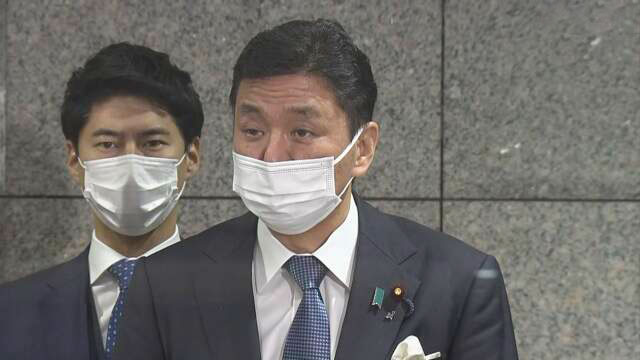
The United States responded by imposing additional economic sanctions on North Korea. It urges Pyongyang to re-engage in dialogue aimed at denuclearization.
A North Korean state media report on January 20 hints that the country may restart nuclear and ICBM testing due to deteriorating relations with the US. The report cites plans "to immediately bolster up more powerful physical means which can effectively control the hostile moves of the US" and "promptly examine the issue of restarting all temporarily suspended activities".
On the same day, seven members of the United Nations Security Council, plus Japan, issued a joint statement. "These launches demonstrate the regime's determination to pursue weapons of mass destruction at all costs, including at the expense of its own people," it said. The statement added that the launches violate UNSC resolutions and constitute "unlawful behavior" that poses a threat to international peace and security.
The eight countries—including the US, Albania, Brazil, France, Ireland, the United Arab Emirates and Britain—called on Pyongyang to "cease these unlawful activities and return to dialogue," and said they "stand ready to support a meaningful return to engage in diplomacy without preconditions."
China and Russia have taken a different stance on sanctions, meaning the UNSC is divided over how to deal with this month's missile activity.
Missiles are part of "military power" plan
North Korean leader Kim Jong Un presented a five-year defense plan in a speech last year to the Worker's Party Congress. He said "we must raise the science and technology of national defense to a higher level and secure the strongest military power." The ballistic missile tests are thought to be in line with that plan.
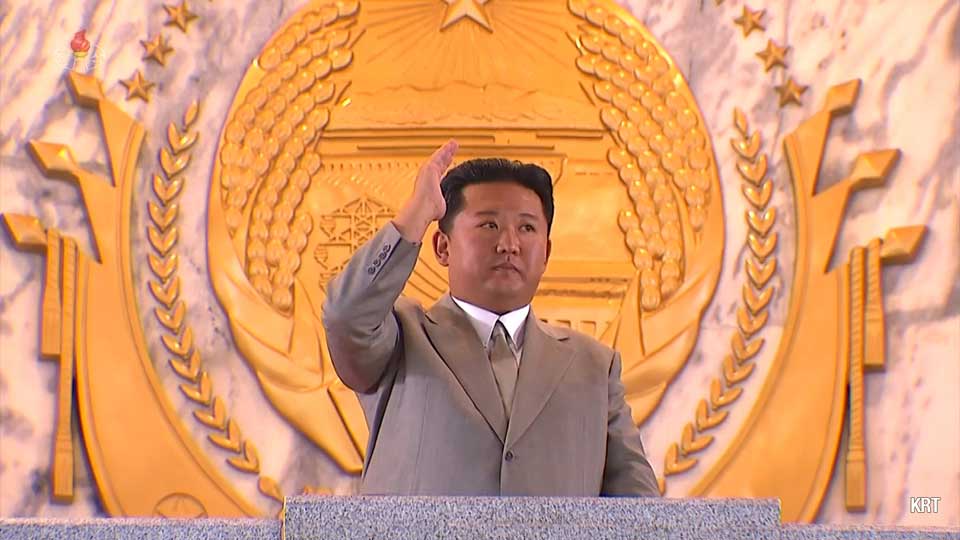
The North Korean regime has also resolved to "celebrate with splendor" this year the 80th anniversary of the birth of the leader's late father Kim Jong Il in February, and the 110th anniversary of the birth of late grandfather Kim Il Sung in April.
This will also be the first year of Kim Jong Un's second decade in power. For North Korea, which values anniversaries, there are many important milestones, and milestones often coincide with missile launches as the leadership looks to demonstrate its military capabilities to its domestic audience and the international community.
Choosing when to launch
The flurry of missile tests over such a short period is unusual. One theory is that Kim Jong Un is making the most of a period when denuclearization talks with the US have stalled.
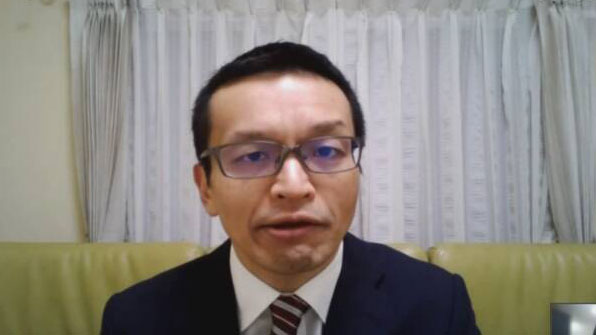
Professor Isozaki Atsuhito of Keio University, a North Korean affairs expert, says if Pyongyang was to resume those negotiations, it is unlikely it would be test-firing missiles. He says North Korea wants to improve its defense and deterrent capabilities and build up a variety of sophisticated weaponry during a time when it has almost no relations with the US.
Other regional considerations are the Beijing Olympics to be held in February in China, which has strong ties with North Korea. The South Korean presidential election will be held in March. Both events will attract international attention—something that North Korea is also seeking as it continues to send missiles skyward.
